- Peppermint
- Lemon Balm
- Valerian
- Comfrey
- St. John’s Wort
- Sage
- White Yarrow
- Thyme
The Gardener’s Medicine Chest: 8 healing perennial herbs
The following list highlights some of my favorite medicinal plants that are must haves in the home garden. You may never get sick again with all the nutritious vegetables you will be growing and eating at home but if you do, try growing your own medicine with these powerful healing plants.
Peppermint
A potent perennial tea herb with medicinal properties for stimulating digestion and calming the nerves. It is easily propagated by cuttings but should be confined to particular areas in the garden, as it can be somewhat invasive. While it is primarily used for tea, peppermint can also be used as an ingredient in herbal products like lotions, soaps and toothpaste.
Lemon Balm
A very easy to grow perennial and wonderfully-calming herb that controls high blood pressure, depression and migraines. It spreads like wildfire, so you will have plenty to share with friends. In addition to be used as a medicinal tea for calming the nerves, it is also a good mosquito repellant. Simply crush the leaves and rub on your skin.
Valerian
A powerful perennial herb that is a sedative and antispasmodic and is often used to aid sleep. Valerian is also known to lessen anxiety and nervous tension, relieve muscle spasms and even help people quit smoking.
Comfrey
A robust perennial that has great value in the garden as both a fertilizer and medicinal plant. Due to its rapid growth habit, it does best when grown with plenty of compost. It has a unique ability to mine nutrients from deep in the soil and store them in its fast growing, large leaves. The leaves can be added to compost, brewed into a compost tea or used as mulch. Comfrey is easy to establish and propagate and is best started and spread from root cuttings. Medicinally it is very potent and should be used sparingly, primarily as a topical for treating wounds, bruises and sore muscles.
St. John’s Wort
This pretty perennial herb is best known for its ability to treat depression. It also doesn’t mind growing in poor soils. It is very easy to grow and can be propagated from either seed or cuttings, preferably in the spring or fall.
Sage
A beautiful perennial herb often used in cooking and can be used as a gargle to relieve a sore throat. I like to use sage in a pot of beans both because it tastes great and because it helps relieve gas by relaxing the gut muscles. Sage can be grown from seed or transplant and prefers full sun and well-drained soil. It is an evergreen perennial shrub, so once it is established you can enjoy it for years to come, making it a great landscape plant and a must in the herb garden. My favorite variety is Common Sage for culinary and White Sage for ceremony.
White Yarrow
A wonderful perennial herb with a wide range of healing properties as a decongestant, as a blood coagulant and for reducing inflammation. Yarrow is usually used as a tea and also topically to stop bleeding. It is a hardy, drought tolerant and beautiful landscape plant. Yarrow can be started from seed or divisions and likes well drained soil in full sun though it will tolerate some shade and wide variety of soils.
Thyme
While known primarily for adding flavor to all kinds of culinary dishes, it has strong antimicrobial properties. I like to use thyme tea and oil for chest coughs and to promote perspiration at the start of a cold. Another perennial herb that prefers to grow in full sun and dry, well-drained soil. Sow directly in the ground in early spring or transplant from early summer through fall.
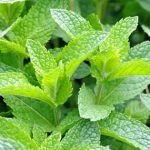
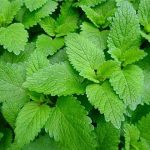
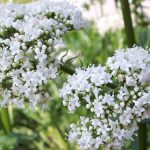
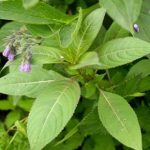
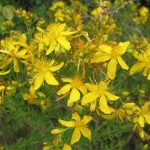
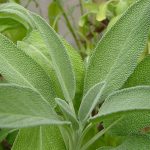
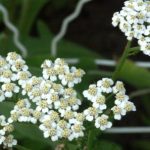
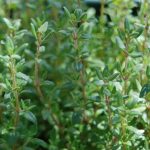
0 COMMENTS